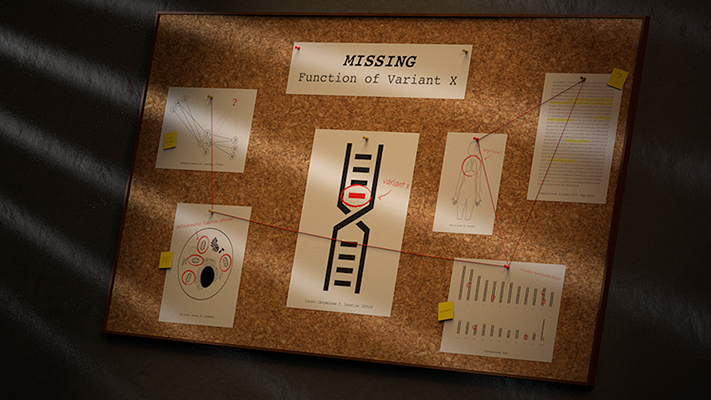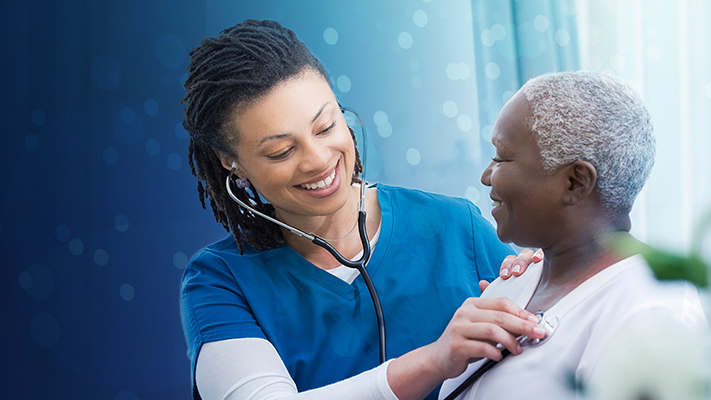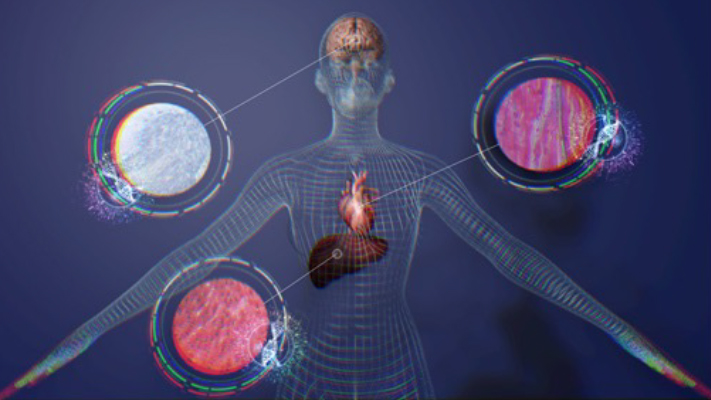Charles Rotimi selected as next NHGRI Scientific Director
Last week, we started a new fiscal year for the federal government. As is often the case, we began fiscal year 2022 under what is known as a “Continuing Resolution” (CR), which means the government is currently operating based on last year’s budget — awaiting passage of a new budget this fiscal year. The CR allows NHGRI to continue to function and perform most of our normal work, although we eagerly await a new budget for fiscal year 2022.
I would like to bring to your attention a spectacular recent feature in Science that describes the remarkable work of NHGRI’s physician scientist Dan Kastner, the outgoing NHGRI scientific director (see story below). The article highlights Dan’s distinguished and highly productive career studying human autoinflammatory diseases. His ground-breaking discoveries have had a major impact on the lives of patients.
All the best,
![]()
In This Issue
- Charles Rotimi selected as next NHGRI Scientific Director
- NIH MOSAIC program aims to enhance diversity in the academic biomedical research workforce
- ELSICon to stimulate dialogue on advancing equity and justice
- NHGRI provides $185 million to IGVF consortium to study how genomic variation affects biological function
- NIH awards $73 million to ClinGen for building its genomic resource for precision medicine
- NIH funds $38.5 million to dGTEx project to study gene expression patterns during human development
- New NHGRI-ASHG fellows focus on genomics-related research policy, literacy, and engagement
- New NIH-ACMG fellows aim to manage research and implementation programs in genomic medicine
Seminar Series: Bold Predictions for Human Genomics by 2030
Session 9: November 1, 2021, 3 p.m. to 4:30 p.m. ET
Prediction: Individuals from ancestrally diverse backgrounds will benefit equitably from advances in human genomics.
Speakers:
-
Robert Winn, M.D., Virginia Commonwealth University
-
Alicia Martin, Ph.D., Massachusetts General Hospital, Harvard Medical School and Broad Institute
Moderator:
- Chris Gunter, Ph.D., NHGRI

About The Genomics Landscape
A monthly update from the NHGRI Director on activities and accomplishments from the institute and the field of genomics.
Last updated: October 7, 2021







